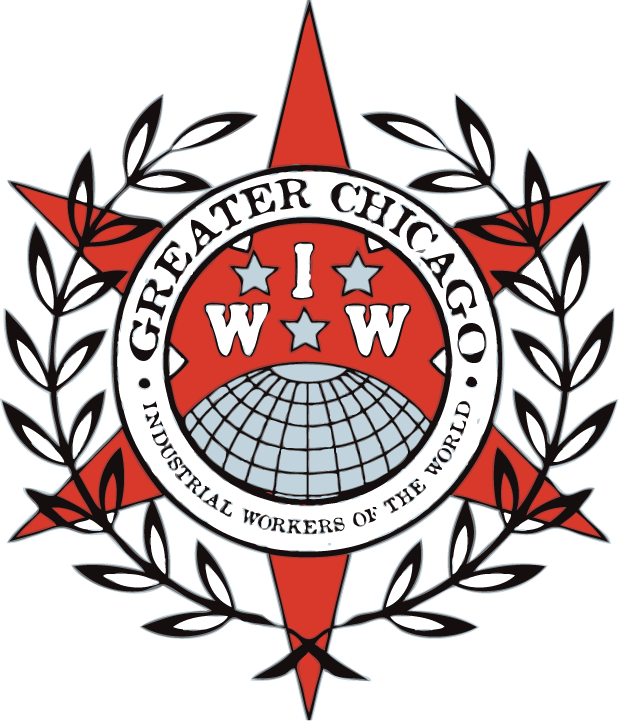On August 2, the National Labor Relations Board (NLRB), (redacted) issued a game-changing decision known as Stericycle. The ruling enables unions to effectively challenge company rules that intimidate or chill workers from engaging in protests, picketing, demonstrations, and other legitimate union activities.
Stericycle overturned the Labor Board’s 2017 Boeing decision, which allowed employers to maintain work rules even if they discouraged workers from taking part in union activities such as rallies, picketing, distributing handouts, wearing strongly worded buttons, or vigorously arguing with supervisors.
According to Stericycle, if a reasonably apprehensive worker could read a rule as banning or limiting union activity, the rule is illegal and must be withdrawn or rewritten to clarify that it does not apply to union activities. Discipline pursuant to an overbroad rule is illegal. An overbroad rule may not be maintained even if it has a “legitimate” purpose and even if it has never been enforced against union activity. An employee may not be disciplined for insubordination for ignoring instructions to obey an unlawful rule.
The new standard compels an employer to take “narrowing” measures regarding overbroad rules, such as issuing clear assurances that the rule does not apply to lawful union activities. Until that happens the rule is illegal and the employer cannot enforce it with warnings, suspensions, or discharges.
EXAMPLES OF ILLEGAL RULES
It may seem hard to believe but, in the absence of a narrowing clarification (for instance, an express notice that the rule does not apply to protected union activity, or a list of examples of wrongdoing that make clear that only serious misconduct is prohibited), the Board is likely to find the following rules unlawful—even if the rule has been on the books for years:
- No taking pictures of employer facilities
- No recording conversations with managers
- No sharing information with outside media
- No discussing wage rates with fellow employees
- No failing to work “harmoniously” with fellow workers or managers
- No disclosing company investigations
- No communicating with employees or supervisors in an unprofessional or disrespectful manner
- No taking part in activities that “adversely reflect” on the integrity of the company
- No personal phone calls outside meal and break periods
- No behaving in ways that “damage” the company’s reputation
ARE ALL EMPLOYER CONDUCT RULES ILLEGAL?
Stericycle does not make all rules of conduct illegal. For example, consider a rule banning assaults on supervisors. The rule is lawful because no employee could reasonably conclude that it prevents him or her from taking part in a union activity. A rule banning weapons on the premises would also be lawful.
TIMING
A particularly effective time to file ULP charges is when the union is negotiating a new contract. As part of its bargaining demands the union can insist that illegal rules be rescinded or rewritten. This could allow the union to claim that any subsequent walkout in support of its demands is an unfair labor practice strike with protections against permanent replacement of strikers.
Q&A: STERICYCLE
(several removed)
Q. Does Stericycle apply in nonunion workplaces?
A. Yes. The NLRB has jurisdiction over non-union private-sector workplaces. A company rule, that, for example, requires workers to work “harmoniously” with other workers or management would be an unfair labor practice because it chills employees who might want to organize a union. A worker (or more likely an outside union) can file a ULP charge over the rule.
